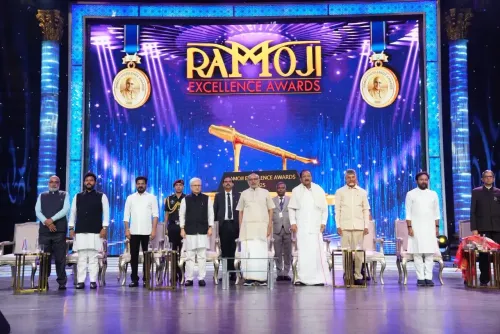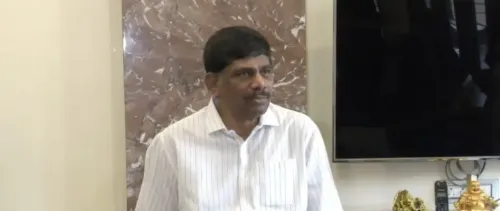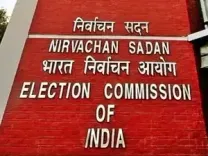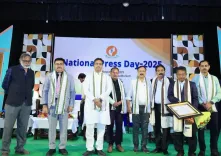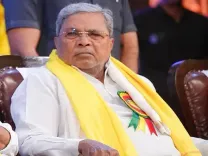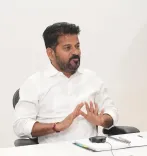Does Aatmanirbhar Bharat Mean Stopping Imports?
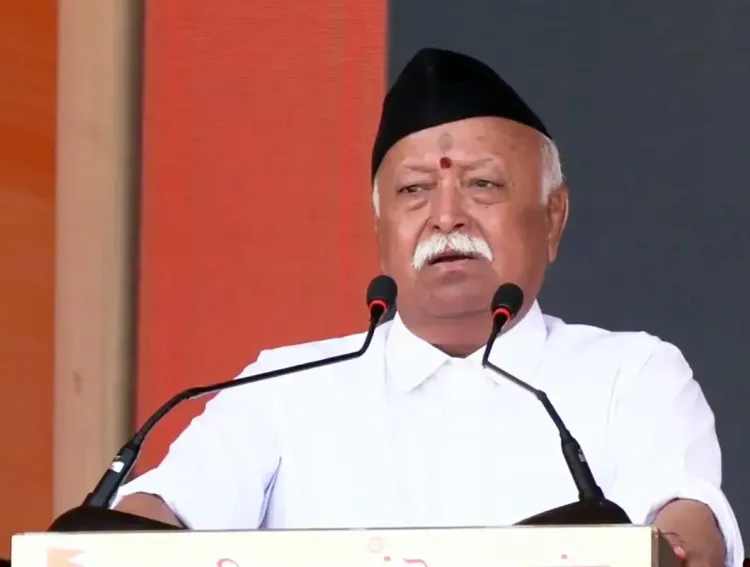
Synopsis
Key Takeaways
- Self-reliance is essential for India's economic strategy.
- National unity is crucial for addressing internal challenges.
- Trade policies must reflect national ideals.
- Vigilance is required against destabilizing external influences.
- Integration of traditional values with modern economics is necessary.
Nagpur, Oct 2 (NationPress) Dr Mohan Bhagwat, the Sarsanghchalak of Rashtriya Swayamsevak Sangh (RSS), highlighted the significance of national unity and the necessity of vigilance against both internal and external threats. He stated that India's reliance on imports should not become a compulsion, emphasizing that swadeshi and self-reliance are essential principles, especially in light of the retaliatory tariffs imposed by the US.
During his Vijayadashami speech at the organization's headquarters, he clarified that Aatmanirbhar Bharat (self-reliant India) does not entail ceasing imports but rather focusing on enhancing domestic production to prevent trade dependencies.
Bhagwat encouraged the integration of traditional values with contemporary economic practices and cautioned against foreign direct investment (FDI) in low-tech sectors where India can independently flourish. He insisted that trade policies must reflect national ideals, resources, and requirements, steering clear of external influences.
“The recent import tariff policy enacted by the US for its own interests will certainly compel us to reevaluate certain aspects. We should not be forced into dependency. While the world operates on interdependence, it remains crucial to pursue a self-reliant existence that respects global unity. There is no alternative to indigenous self-reliance if we wish to diminish our reliance on foreign nations,” Bhagwat remarked.
The RSS chief acknowledged India's increasing global respect and credibility, attributing it to an improved national character. However, he also cautioned about “sinister conspiracies” aimed at destabilizing democratically elected governments worldwide, including India's.
He pointed out the ongoing global conflicts and the imperative for vigilance against demographic imbalances caused by illegal migration and religious conversions.
Bhagwat warned of significant internal threats including Naxalism, demographic shifts, and societal fractures, while praising the government’s initiatives to address these issues. Yet, he urged the government and the administration to accelerate development to prevent certain elements from resorting to extreme measures.
Regarding neighboring countries, Bhagwat emphasized India's role as a stabilizing force amidst regional turmoil, advocating for stronger relationships with historically connected areas while cautioning against destabilizing narratives.
In light of recent weather events in Uttarakhand and other Himalayan states, Bhagwat noted, “India has experienced increasingly erratic weather patterns, including heavy rainfall, landslides, and melting glaciers over the past few years. Since the Himalayas provide much of South Asia's water, these disasters serve as a warning for India and its neighbors.”
Speaking on the Pahalgam terror attack, which resulted in 26 lives lost due to inquiries about religion, Bhagwat stated, “Yet, our entire society united in response. Nations expressed their stances, revealing our allies and adversaries.”
“Today marks the birth anniversary of Mahatma Gandhi, who made invaluable contributions to our struggle for freedom,” he added.
Bhagwat also urged the Hindu community to unite to face the challenges ahead.

